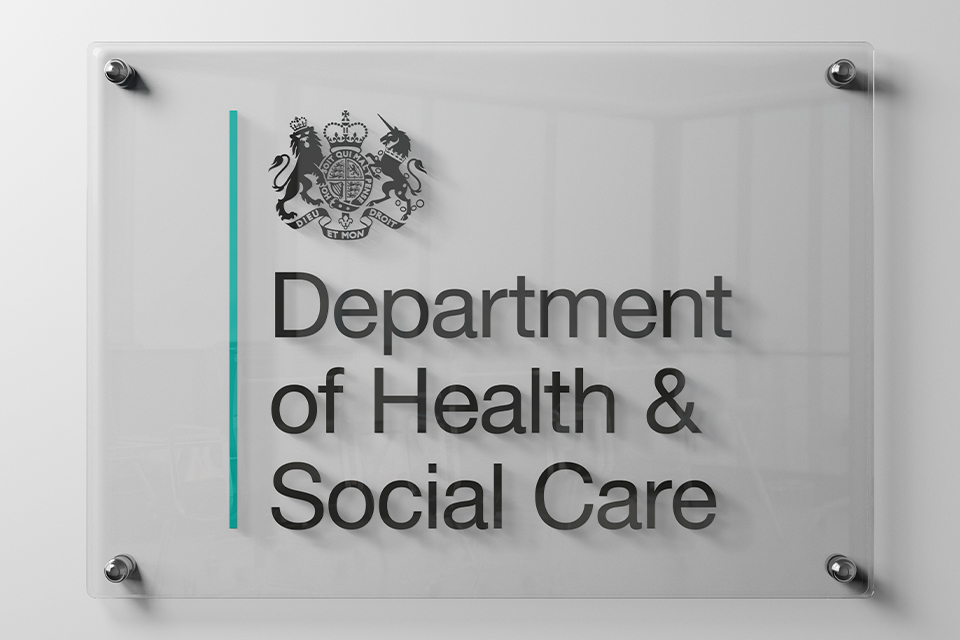Scottish Government first minister cites crucial role played by information and analysis in supporting pandemic response
Credit: Kenneth Halley/CC BY-SA 4.0
Scottish Government first minister Nicola Sturgeon has pledged to expand the use of data and artificial intelligence in government policymaking, with decisions relating to the health sector in particular expected to be increasingly driven by data.
Speaking at an event run by data innovation centre The Data Lab, Sturgeon (pictured above) said many decisions taken during the pandemic have been informed by the use of data, something her government is keen to expand.
“We are already using data in so many ways to improve decision making – saving time, money and lives,” she said. “For instance, many decisions taken during the Covid crisis have been data-driven. It will continue to inform our decisions as we tackle some of the most challenging issues of our day – including ensuring a fair recovery from the pandemic and a just transition towards achieving our net zero ambitions.”
While the use of personal data allows governments to make decisions that are tailored to the lived experience of the population, the use of health-related information in particular can be controversial.
Related content
- Scotland urged to close healthcare ‘data gap’
- Interview: UK national statistician on how data has helped the PM – and the public – in coronavirus response
- Scotland will not extend vaccine passports to pubs, restaurants and theatres
A project managed by the University of Edinburgh and NHS Lothian, for example, analyses data collected as part of patients’ day-to-day interactions with health and social care services to find ways of improving patient care.
The aim is to expand the project, known as DataLoch, to other local authority areas, but it has come in for criticism because patients do not have the right to ask for their data – which is all anonymised prior to being accessed by researchers – to be excluded.
Sturgeon said that as the use of data and AI increases the government’s focus would be on ensuring it is used ethically in both the public and private sectors.
“At the core of our approach always has been, and always will be, the need to use data and AI ethically and in a way which ensures and retains public trust,” she said.
Gillian Docherty, chief executive of The Data Lab, said it is vital that all governments get to grips with how to manage data in an ethical way to avid democracy being undermined.
“The conversations that are taking place right now across the globe into the ethical uses of data will shape future society and have the potential to challenge democracy if not managed effectively,” she said.



